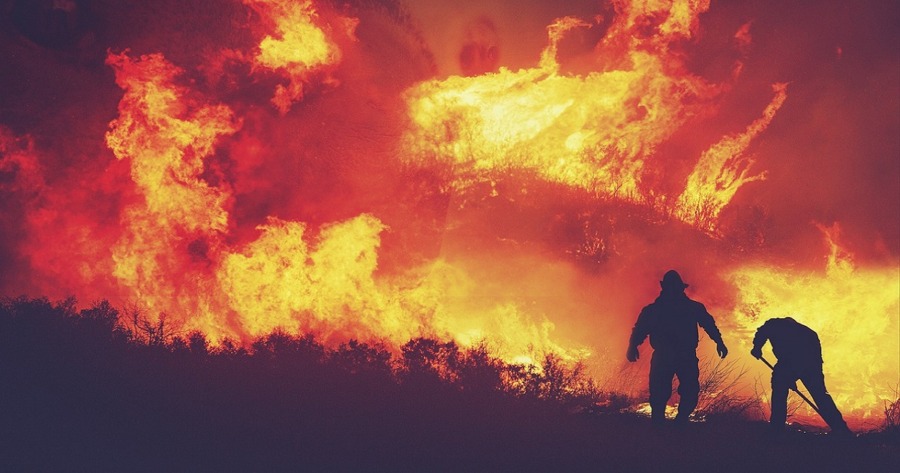Canada’s Unprecedented Wildfires: A Record-Breaking 4 Million Hectares Engulfed in Flames
- Naomi Dela Cruz
- Canada
- Climate Change
- Trending
- June 8, 2023

Canada’s wildfires have reached an alarming milestone; today, the total burn rate has surpassed 4 million hectares. This catastrophic event highlights the devastation’s scale and underscores the urgent need for climate action. As fires ravage provinces across the country, it becomes increasingly difficult for climate deniers to ignore the undeniable evidence unfolding.
To grasp the magnitude of 4 million hectares, it is helpful to envision the scale in terms of familiar references. One hectare is approximately equal to the size of a soccer field or about 1.5 times the area of an American football field. Thus, the 4 million hectares consumed by the wildfires would cover an expanse larger than 6 million soccer fields or more than 9 million American football fields. This vast area of destruction surpasses the size of many countries worldwide.
For instance, the entire country of Belgium measures approximately 3.6 million hectares, meaning the wildfires in Canada have already surpassed that area. Similarly, Switzerland, with a land area of about 4 million hectares, finds its size eclipsed by the devastating fires. These comparisons highlight the immense scale of the wildfire crisis and the urgent need for coordinated efforts to combat climate change.
The wildfires in Canada have not discriminated when it comes to their reach. Provinces nationwide have been affected, including British Columbia, Alberta, Saskatchewan, Nova Scotia, Manitoba, and Ontario. The fires have disrupted communities, destroyed homes and livelihoods, and forced the evacuation of thousands of people. The smoke and ash have polluted the air, posing severe health risks to residents.
It is disheartening that even in the face of such devastating events, some still deny the existence or severity of climate change. The increasing frequency and intensity of wildfires and other extreme weather events are clear indications of a changing climate. Denying the reality of climate change hinders the collective efforts to mitigate its effects and adapt to its consequences. It is imperative that we listen to the warnings conveyed by these catastrophic wildfires and take immediate action to address the underlying causes.
In the aftermath of these destructive wildfires, we must extend our support and solidarity to those affected. Communities will need time to heal and rebuild their lives. The resilience and determination of individuals, coupled with collective efforts and government assistance, will be crucial in this process.
It is also an opportune moment to reflect on our responsibilities as stewards of the planet. The wildfires are a stark reminder of the urgent need to transition to cleaner, sustainable energy sources, reduce greenhouse gas emissions, and preserve our natural ecosystems. By embracing renewable energy, implementing climate-conscious policies, and adopting sustainable practices, we can work towards preventing future catastrophes and protecting the environment for future generations.
The record-breaking wildfires in Canada, surpassing 4 million hectares, are a stark wake-up call to the reality of climate change and its devastating consequences. The scale of destruction and the sheer magnitude of the affected area underscore the urgent need for global action to address this crisis. We must confront climate denial and come together to combat the underlying causes of these wildfires. As we extend our support to those impacted, we must also commit ourselves to building a more sustainable future where the ravages of such devastating wildfires become a thing of the past.








